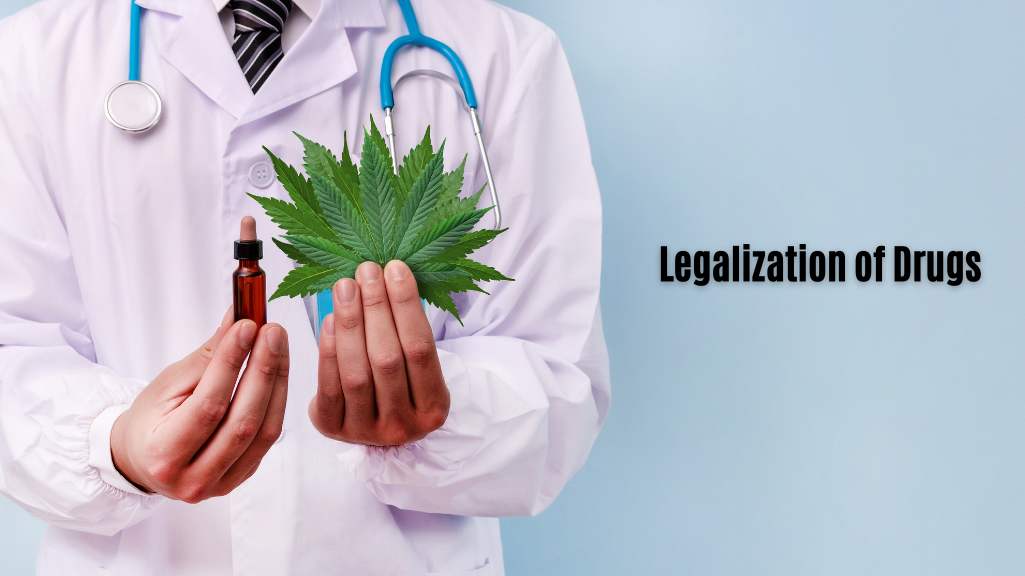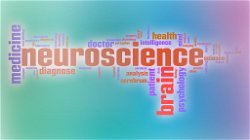The Science that Supports the Legalization of Drugs
Ronit Agarwal
. 3 min read
Addiction can have severe consequences for physical and mental health, as well as the well-being of those around the individual. The inclusion of online chat support services could provide valuable assistance to individuals struggling with addiction. While the question of legalizing drugs remains contentious, advocates on both sides hold passionate opinions, highlighting the complexity of this issue.

This is something that is Generally Acknowledged by Both Camps
Arguments in favor of and opposed to legalizing drugs typically center on the question of whether or not making drug use illegal – or waging the "War on Drugs," as it is commonly referred to – is the most effective way to address the issue.
In an effort to conform to the norm
It can be challenging for adolescents to establish themselves socially and make friends at their new school. Insecurities, low self-esteem, and the fear of being rejected are common emotions experienced by adolescents during their teenage years.
To experience a marked improvement in one's state of well-being
There is a simultaneous yearning and pressing requirement to feel both good and improved. When it comes to analyzing teen drug use, these are two very different things to consider. Self-medication is a common practice among adolescents who report wanting to "feel better."
Experimentation
At the age of 25, the brain has completed all of its normal developmental stages. The part of the brain that is responsible for rational decision making, self-control, and judgment is the last part of the brain to fully develop.
The Advantages and Disadvantages of making Drugs Legal
These are some of the most frequently cited advantages of decriminalization and legalization
1. The amount of money collected from taxing drugs would lead to an increase in the government's overall revenues.
2. Controls regarding public health and safety could be placed on these substances, which would reduce the dangers posed by recreational drugs.
3. Facilitate access for medicinal use. For example, cannabis has proven to be an effective treatment for a wide variety of conditions.
4. The freedom of the individual People would be able to choose for themselves whether or not they wanted to try out illegal substances without the risk of being labeled as criminals or having to interact.
5. There would be a decrease in the number of shootings and criminal gangs would go out of business.
There are also many Arguments Against Legalization
1. The number of people who use drugs recreationally would increase, which would lead to an increase in the number of people who abuse drugs if drug use were legalized.
2. An increase in the number of people who use, abuse, and are addicted to drugs would lead to an increase in the number of health problems and a decrease in economic productivity.
3. The financial benefits of legalization could be offset by increased public health costs and decreased economic productivity due to an increase in the number of workers who are dependent on drugs.
NCB in India
The government of India has taken a significant number of steps to address the problem in recent years. To combat the issue, the Indian government's Ministry of Social Justice and Empowerment initiated a program called "Nasha Mukt Bharat Abhiyaan" (NMBA) in 272 of the country's most disadvantaged districts in August of 2020. Within the Indian government, the primary responsibility for lowering drug consumption falls on the shoulders of the Department of Social Justice and Empowerment.
What Exactly is Stated in the Proposal
Not only should the Act talk about replacing "consumption" with "other than personal consumption (in small quantity)", but it should also remove the word "addict" and replace it with "person with substance use disorder". This is according to the proposals made by the Ministry of Social Justice. According to sources within the government, this will make a clear distinction between the person who is in possession of or using the drug.
Summary:
- There are a lot of people who are puzzled as to why or how other people can become dependent on drugs.
- They might erroneously believe that people who use drugs are devoid of moral principles or willpower and that these people couldn't stop using drugs if they simply made the decision to do so.
- In point of fact, drug addiction is a complicated disease, and overcoming it typically requires more than just strong willpower or positive intentions.
More Stories from
The Most Recognizable Diamonds in the World
Explore famous diamonds and their histories, from the largest cut diamond, The Great Star of Africa, to the supposedly cursed Hope Diamond.
Exploring the Science and Applications of Liquid Lasers
A device known as a laser is one that produces light in the form of a beam known as a laser.
Understanding AC and DC: The Fundamentals of Electric Power
This article provides a concise overview of Alternating Current (AC) and Direct Current (DC), the two fundamental types of electrical power.
The Mysteries of the Brain: Recent Discoveries in Neuroscience
From the brain's remarkable adaptability to the profound link between the gut and brain, explore the cutting-edge findings shaping our understanding of cognition and behavior.
Defense Advanced Research Projects Agency (DARPA): Pioneering Innovation in Defense Technology
This article provides a concise overview of the Defense Advanced Research Projects Agency (DARPA), its mission, and its key contributions to revolutionizing defense technology.






.png?width=40&aspect_ratio=1:1)

.png?width=40&aspect_ratio=1:1)




